Owning a home and having homeowner's insurance go hand in hand. Most of the time the insurance is not even going to be used, but you have to have it. Most mortgages have the real estate taxes and insurance included in the monthly payment. One good benefit of this setup is that the cost is rolled into your escrow account, so you do not have to worry about writing many different checks each month. But even if your lender doesn't require this, or even if your home is completely paid off, you should still have homeowner's insurance.
It is important to know what exactly you’re getting out of this insurance, why it is important to have and when you should bump up your coverage. This is where having a good working relationship with an insurance agent can be helpful.
When Buying Homeowner's Insurance, First Gather InformationNot all insurance policies are equal to one another, and they are definitely not all the same. Some cover more, others cover less. Some have better rates than others. And insurance companies offer different levels of coverage and deductible amounts.
Check the contents coverage portion especially. Some bare-bones policies may not even provide enough to cover the electronics in the house. This might be enough coverage for those unfamiliar with today’s technology, but for the younger generation, the basic amounts they give are just not enough. It is always a good idea to know what you have, while also knowing the worth of your belongings so you can insure them correctly.
And know whether your policy covers replacement cost or current value, both of the structure and the contents.
Upgrading Your PolicyChanges in your home may mean changing your insurance. When it comes to any type of home improvement project, a lot of people do not consider how this will effect their insurance. This is a time that is so busy that the last thing on your mind is your insurance policy. Usually the smaller things are not going to matter, but if it is a large project that's either costing quite a bit or is adding value to your home, then you’re going to want to make sure that it is insured so if that part of the home was to be damaged, it can then be covered by your insurance. The bottom line is, if you're planning a home improvement project, talk it over with your agent to see whether an addition to your policy is a good idea.
Quick Tips on Homeowner's Insurance- If you do a project on your home that seriously alters the value, then this should be covered by insurance. You will want to put it on your policy as soon as possible.
- If there is storm damage done to your roof, make a claim as soon as possible. Insurance companies want to make sure this type of damage is fixed immediately before it leads to a larger problem. Also, waiting to file the claim could result in a hassle with your insurance company in proving that the damage was the result of a storm.
- Make sure you know what coverage you have. You want to know the amount that you’re covered for, as well. You need to know if you have flood insurance if you need it and if the coverage is going to be able to replace all of the items in your home.
- Damage to your siding or roofing from Minnesota’s often severe storms should be covered by insurance, so don’t hesitate to get the repairs done because you think you can’t afford them.
- Having insurance is always a good thing. It is there to provide you with peace of mind. So when you think you’re paying too much, just think of how much you’ll save if something was to happen to your home.
Subscribe to Quarve Contracting's Blog


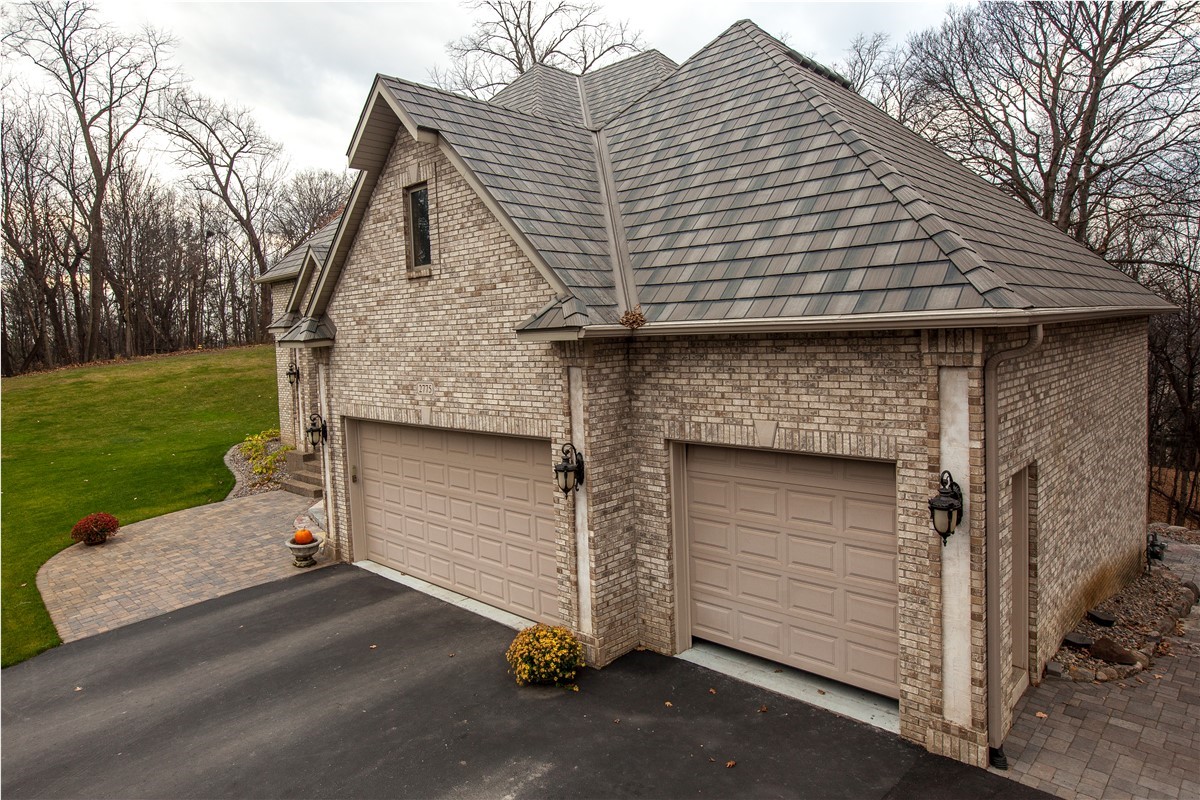
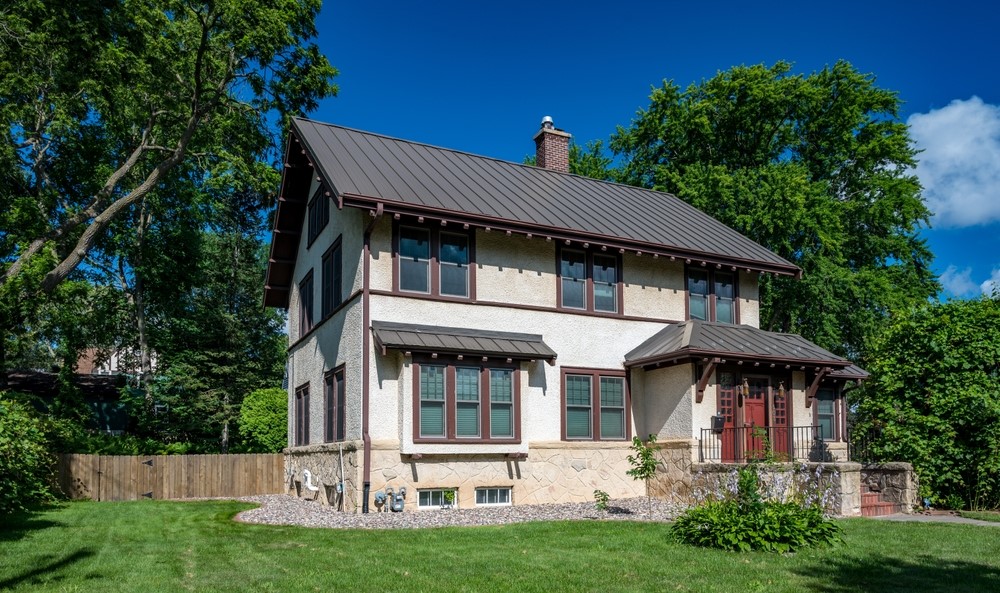
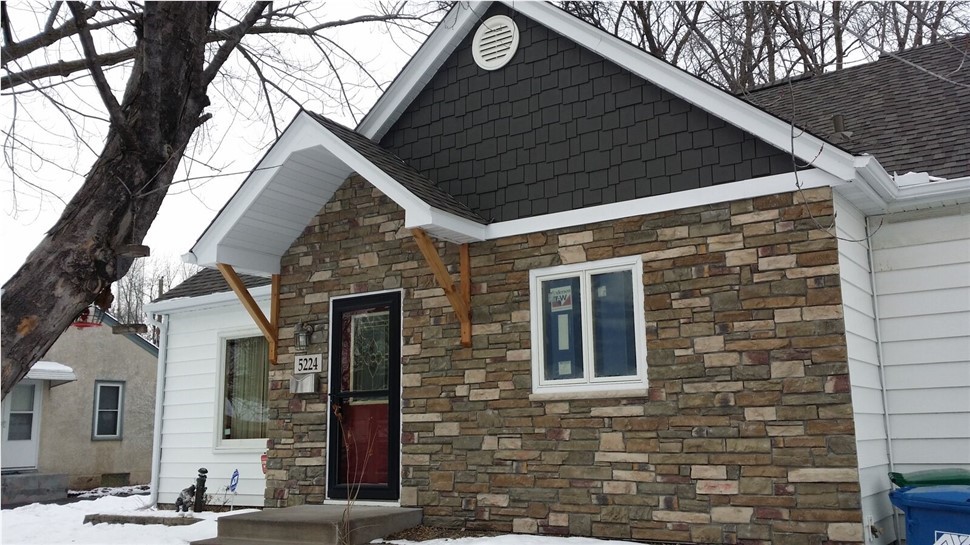
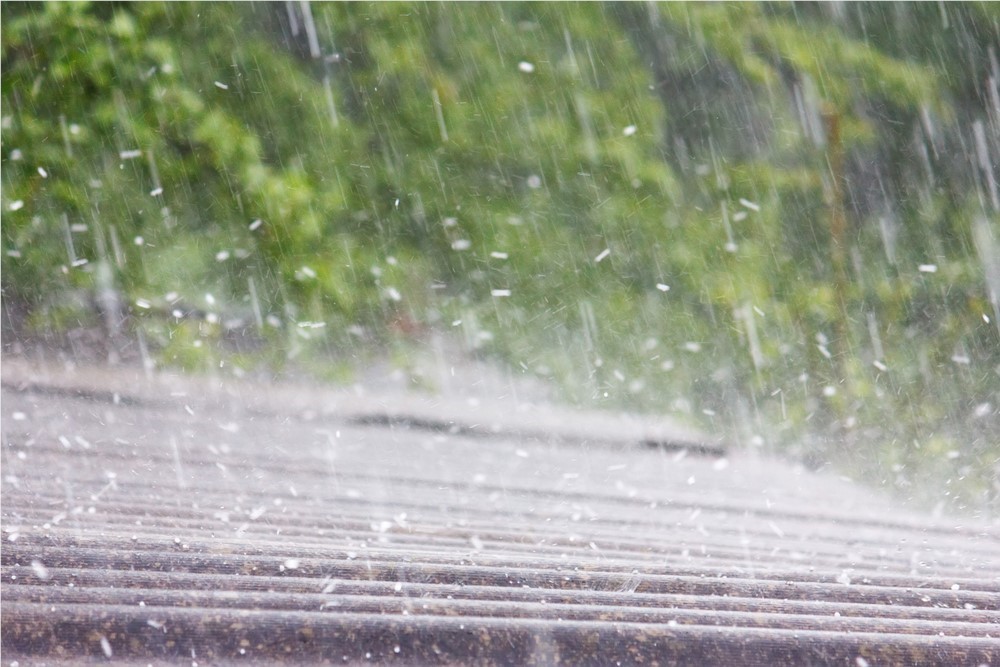
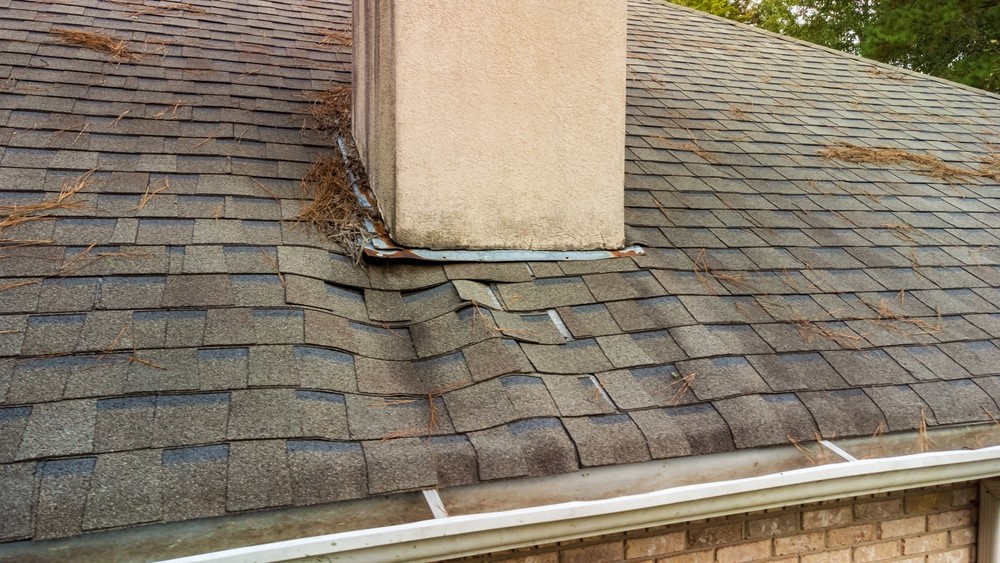
Comments